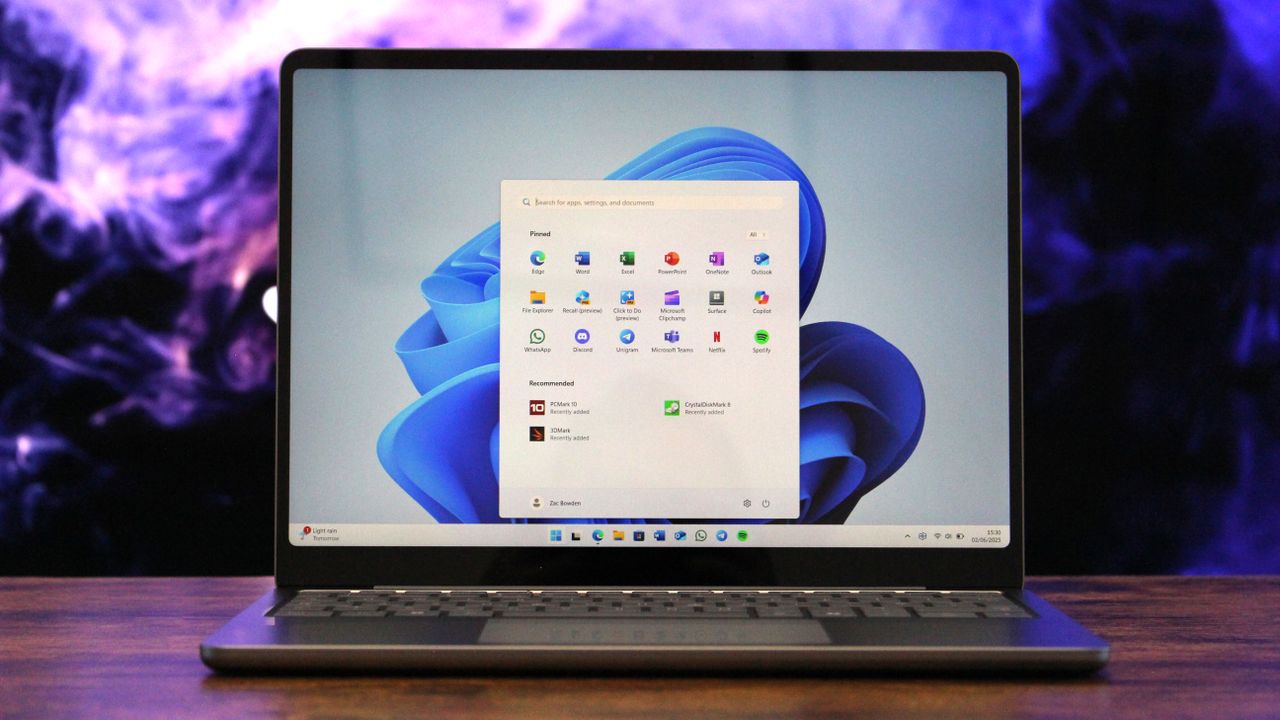
Pavan Davuluri, who leads the Windows team at Microsoft, has responded to recent criticism about the operating system. In a post on X (formerly Twitter), he said he and his team are listening to user feedback and taking it into consideration.
Davuluri explains that the team and he personally collect a lot of feedback from various sources. They consider both the feedback received through official channels and direct comments from users, recognizing that these can sometimes differ. He’s reviewed the recent comments and noticed key themes like reliability, performance, and how easy the product is to use.
This post is a response to criticism of Windows as a development platform from Gergely Orosz. Hari Davuluri explains that Microsoft genuinely values developers and acknowledges there’s room for improvement in the user experience – everything from simple, everyday tasks to features for advanced users. He says the team regularly discusses these issues because they want developers to prefer Windows.
After some criticism about his initial post on Windows becoming more proactive, Davuluri turned off comments, which some saw as blocking negative feedback. However, his latest update is more positive. He confirmed the company is listening to the concerns and working on improvements to Windows itself – not just the AI features – to better serve experienced users and developers who rely on Windows as a core tool.
Hi Gergely, I’m replying to this thread because it addresses a lot of the comments we’ve been seeing – and there have been many! Our team and I really appreciate all the feedback we receive. We consider both the feedback submitted through our official channels and what people tell us directly, and we try to find the right balance between the two.
He highlighted long-standing issues with Windows, such as confusing and inconsistent menus and a frustrating experience for advanced users. For more than ten years, Windows has struggled with an unpolished and inconsistent design, making it feel outdated and neglected, which has significantly damaged its reputation.
Microsoft’s recent approach to updating Windows, called “Continuous Innovation,” aims to regularly deliver new features and improvements each month. While it seems beneficial in theory, many users have found that these frequent monthly updates actually cause more problems than they solve.
Most people probably prefer receiving one major update annually at a known time, similar to Apple and Google’s approach. However, Windows has moved away from these large, yearly releases, choosing to roll out new features monthly as soon as they’re finished. This means we don’t get those big, impactful updates anymore, and many users find the constant changes to the operating system frustrating.
As a researcher, I’ve observed that Microsoft’s push for constant innovation with Windows is unfortunately leading to more frequent bugs and issues. It feels like we’re discovering new problems every month. Historically, features would be thoroughly tested for a year or more before release. Now, the turnaround is incredibly quick – sometimes features go from initial preview versions to full release in just a few weeks, which doesn’t leave much time for proper testing and refinement.
Fortunately, Microsoft is paying attention to the negative feedback regarding its heavy focus on AI in Windows 11, according to Davuluri. While they won’t stop integrating AI features, they also plan to prioritize important aspects like system stability and improvements for advanced users.
Read More
- How to Get the Bloodfeather Set in Enshrouded
- Gold Rate Forecast
- Where Winds Meet: How To Defeat Shadow Puppeteer (Boss Guide)
- Yakuza Kiwami 3 And Dark Ties Guide – How To Farm Training Points
- Best Controller Settings for ARC Raiders
- How to Build a Waterfall in Enshrouded
- 32 Kids Movies From The ’90s I Still Like Despite Being Kind Of Terrible
- Meet the cast of Mighty Nein: Every Critical Role character explained
- Silent Hill 2 Leaks for Xbox Ahead of Official Reveal
- These Are the 10 Best Stephen King Movies of All Time
2025-11-16 03:09